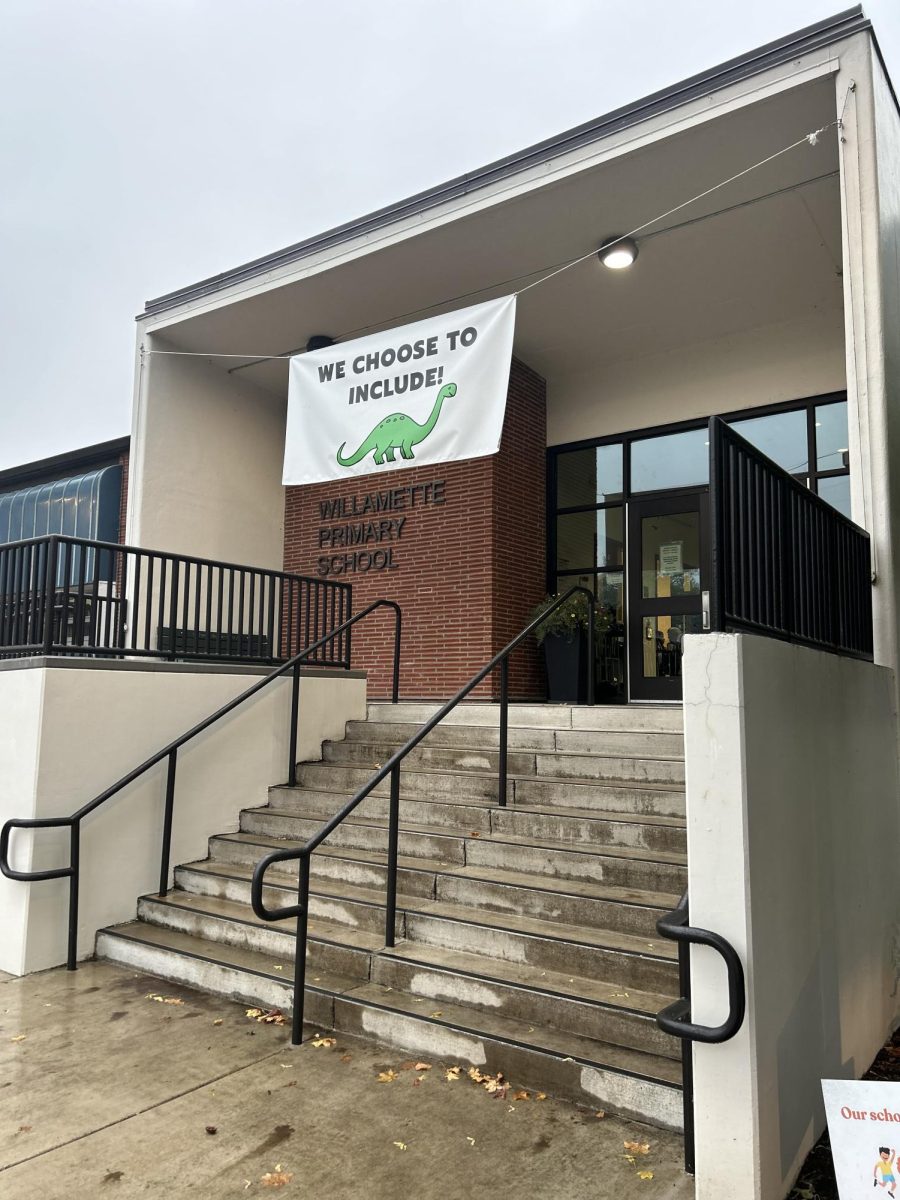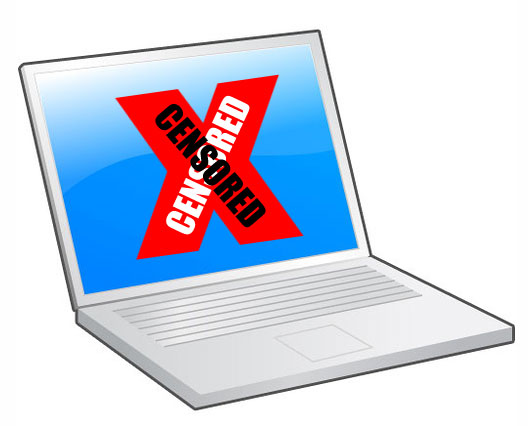The internet has always been a place of freedom for many, but according to U.S. Congress, it’s a little too much freedom.
SOPA, paired with the PROTECT IP Act, aims to allow the US government to block access to any website with anything that violates copyright laws in order to reduce the pirating of media. The owners of the websites would be held responsible, and their revenue could even be cut off, all without a court order.
At first, the act seems harmless to average internet users, but it would threaten many businesses and sites we visit frequently. Even though it’s based on good intentions, preaching the first amendment when a lot of sites are blocked by the government for “infringing material” will send the wrong message.
Many internet activist groups and online companies are firing back. A group of companies, including Google, Yahoo, eBay and Facebook sent a letter to Congress opposing the bills. “We are concerned that these measures pose a serious risk to our industry’s continued track record of innovation and job creation, as well as to our nation’s cybersecurity,” they wrote. Yahoo even quit the U.S. Chamber of Commerce in protest to the bills, and Google is considering doing the same.
Tumblr has also joined in the opposition, putting up a page called “Protect the Net.” It states that the bill will put in “a censorship system using the same domain blacklisting technologies pioneered by China and Iran.” This is called the Domain Name System, or DNS. It targets the domain of a website and makes it inaccessible to users. This will stop many people from accessing sites with pirated material.
Problem solved, right? Well, not exactly. Many sites don’t even have a domain name and can only be accessed through their IP address. Since the system doesn’t block that, die hard pirates won’t exactly be stopped. Several sites will be blocked from US citizens, but not from the rest of the world.
I don’t agree with this act. It will bring negative change to the American internet community, and it will threaten many businesses. According to a Time.com article, it proposes an alternative to the law, saying “to leave the DNS alone and focus (as the bills also do) on going after the cash flow of rogue websites.” This is a much more practical solution than just blacklisting sites and ruining the internet as we know it. Congress should not let this bill pass. Too many people are opposed, and it could cause serious consequences for both the internet community and companies who depend on it.






























































![At the bottom of the third inning, the Lions are still scoreless. Rowe stands at home plate, preparing to bat, while Vandenbrink stands off to the side as the next batter up. Despite having the bases loaded, the team was unable to score any runs. “It’s just the beginning of the season. We’re just going to be playing out best by June, [and] that’s where champions are,” Rowe said.](https://wlhsnow.com/wp-content/uploads/2024/03/IMG_3077-1200x900.jpg)







































![All smiles. The group poses for a photo with last year’s book, “This is Our House,” along with their award for third Best in Show. Meikle, who was an Editor-in-Chief for the yearbook last year as well, holds both and stands at the center of the group. “That was an amazing feeling, going and grabbing the third place award,” Meikle said. “All of it paid off. I cried so much over that book, being able to receive [the award] was one of the highlights of my high school career, it was like the coolest thing ever.”](https://wlhsnow.com/wp-content/uploads/2024/11/8bookpose_philly-1200x800.jpg)













